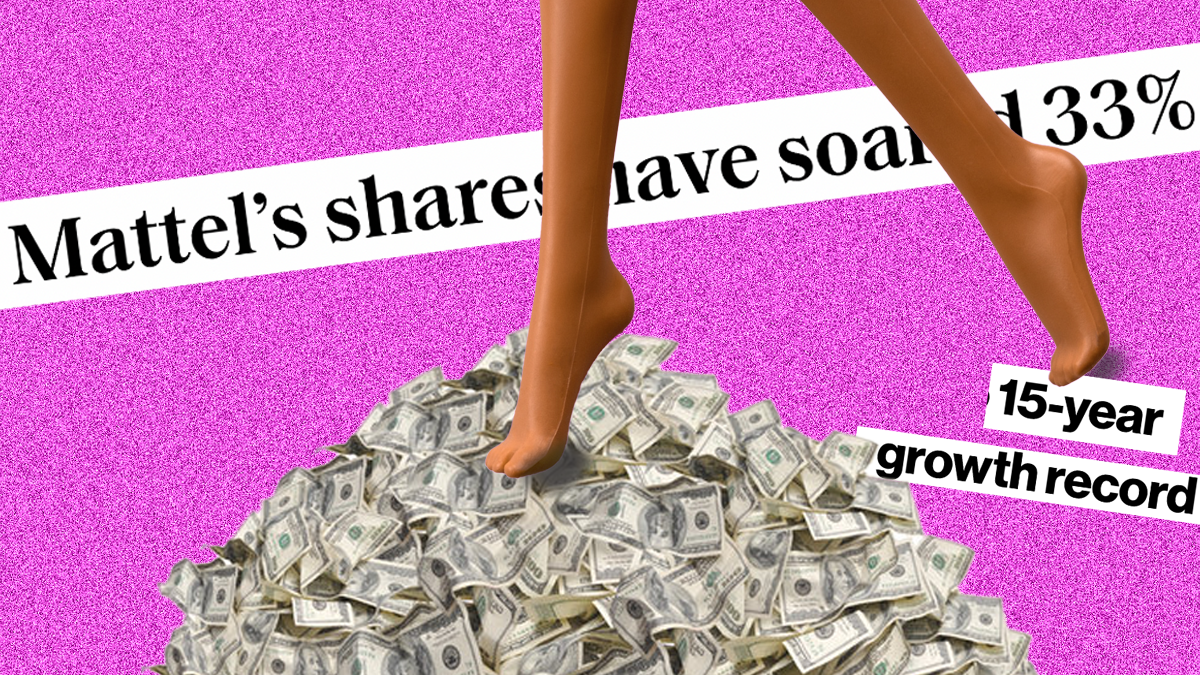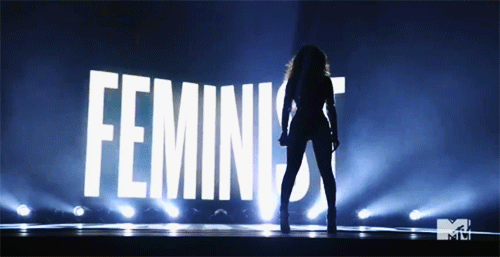Is the Barbie Movie a Capitalist Dream House?

Light spoilers ahead.
Let me preface this somewhat critical look at Barbie with the fact that I thoroughly enjoyed this movie (I even paid to see it, in theaters, twice). But something about this movie stopped me from completely changing my wardrobe to hot pink and making my entire apartment into a Barbie dream house.
I can’t help but notice how this movie is the product of a TOY COMPANY whose aim is to make money first, and to be a positive influence on kids and society second.
Here are some reasons why Barbie made me pause and remember: This is the smartest marketing move by a toy company.
- The whole marketing campaign of this movie. I can’t remember the last time I saw a movie where the majority of viewers dressed up to see it, proving how if you pour a ton of money into your marketing budget, it will pay off. People were bought in even before they saw the movie.
- The product placement. There was no shame that this movie is about making $$$. The Birkenstocks being the ugly shoes that real world people wear, for one. And let’s not forget ALL the General Motors vehicles. The pink Barbie Corvette, the Chevy Blazer America Ferrera not only drives around but prominently shows all the features of. The board members’ Chevy Suburbans. The Hummer EV that Ryan Gosling’s Ken goes gaga over. Imagine a Fast and Furious car chase scene with GM vehicles. And for your viewing pleasure, the Chevy x Barbie commercial.
- The surface level feminism. Maybe it’s because I work at a women’s rights organization, but I was expecting less on the history of Barbie and its founder Ruth Handler and more on the way that Barbie is subverting gender norms and unrealistic body images. Sure, there’s some commentary on how harmful the patriarchy is, but I guess I just felt like it was all a little basic.
- America Ferrera’s speech. There’s a monologue in the film that America Ferrera’s character Gloria delivers on all the things you have to juggle and all the contradictions that are inherently placed on women. I guess for me, this speech was just stating the obvious. And like I said, maybe because I’m grappling with this every day as a woman and at my job, it just didn’t hit me the way that it did for other people. It felt like it was just the right amount of “radicalism” that a toy company would approve of.
- The allyship. We all have someone like Will Ferrell’s CEO of Mattel character in our life. Ya know, that guy that says he’s a feminist and is supportive of initiatives that support women, but will stop short of stepping down as CEO to make way for a woman leader. By the end of the movie, all the board members are still in charge. And lest we forget that Alan initially does not want to help the Barbies fight back against the Ken patriarchy take over. While some men are seen as good guys in this movie, they stop short of relinquishing any power that they have (the Ken’s never had power to begin with to give up btw). It is Mattel’s world after all, we’re just living in it.
- Representative-ish. So we saw a lot of representation in this movie. We get a plus-sized Barbie, pregnant Midge, a Black president Barbie, a Barbie who uses a wheelchair, a South Asian Barbie who wins a Pulitzer, and many more, but I was disappointed to not see any east Asian Barbies! We get Simu Liu Ken, but he is problematic so I’ll just leave that here. More can always be done to make movies more representative and while this movie was more about the star-studded cast to bring in viewers, I have a hard time imagining they couldn’t find an east Asian actress to play one of the Barbies.
- The Kens stole the show. Was it just me or did a movie called Barbie turn into a movie about Ken? Now, I’ve loved Ryan Gosling ever since his days as a Mousketeer on the New Micky Mouse Club, but I was not expecting the Kens to take up so much screen time. The Matchbox song Ken sequence, the beach off, that fur coat (!). When the movie ended, in both the screenings I went to, many people said they wanted some “I’m Kenough” merchandise. Well played, Mattel, well played. You got men to go see this movie and to want Barbie merch by the end of it.
Barbie comes at a time when society and mainstream culture were ready for a movie like this. It’s already been proven that women-led movies can do well at the box office so Mattel knew they could cash in big. I’m glad it did well, because maybe we can see more movies like this that push the envelope and are self-aware, but at the same time, I can’t help but think that companies won’t be risky until they know they will make a profit. But at least I’ll take solace in the fact that, because Barbie did amazing at the box office, companies will take note and realize that every night is girls’ night. Forever and ever.





